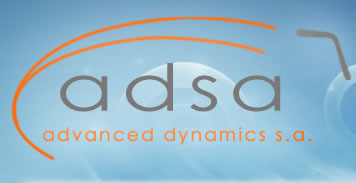
ST-GENESIUS-RODE, Belgium, 10-Feb-2025 — /EuropaWire/ — The eVTOLUTION project, a Horizon Europe initiative focused on advancing Urban Air Mobility (UAM), held its first public workshop, “Novel Tools for Novel Aircraft,” at the GKN Technology Center in Bristol. The event provided an opportunity for partners to present early project outcomes and outline next steps. eVTOLUTION aims to develop decarbonized, efficient, and quiet electric Vertical Take-Off and Landing (eVTOL) aircraft.
The project’s focus includes improving energy management, noise reduction, and cooling systems while enhancing the aircraft design process through advanced digital tools and optimization techniques. It also strives to address aerodynamic and aeroacoustic challenges, using a combination of low- and high-fidelity simulations and machine learning to refine design accuracy and performance.
The eVTOLUTION consortium brings together top European academic and industrial partners, including the von Karman Institute, TU Delft, Politecnico di Torino, DLR, Vrije Universiteit Brussel, University of Bristol, and others. Funded by Horizon Europe Research and Innovation Action, the project is set to help revolutionize sustainable urban transport.
SOURCE: EuropaWire

